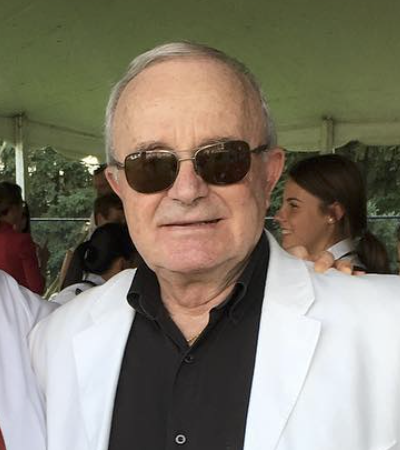This week's money laundering sentencing, in Paris, of a former HSBC Private Bank Suisse director to only a €200,000 fine, and no prison time is disturbing, for it sends a message to other bankers who may be tempted to engage in cleaning dirty money that they might be able to escape jail, even if caught for their crimes.
Nessim El Maleh, formerly of HSBC Holdings PLC, according to reports, who was involved, with his brothers, in distributing marijuana to affluent Parisians, and laundering €12m, the proceeds of those crimes, was fined and given a suspended sentence. Apparently, he could not be linked to the drug trafficking his family was engaged in, their operation involving the smuggling of drugs in from Morocco. Other brother received partially suspended sentences, one received six years as the principal leader, but he was not in custody and living in Switzerland. These sentences are insufficient to frighten anyone.
In my humble opinion, these lenient sentences do not deter businessmen and bankers, who are often offered huge sums to clean criminal cash. The prospect that they could walk away with minimum consequences may encourage legitimate businessmen to become enterprising money launderers. The problem is not limited to France; in the United States, the 20-year maximum penalty for violations of the Money Laundering Control Act of 1986 is extremely rare. Some defendants in the US, like this French case, escape imprisonment altogether, and are back on the street, albeit under Probation or Home Confinement, and able to take their specialized knowledge of the dark art of money laundering to new clients. That should not happen, either in Paris or in New York.
A final note to members of the French judiciary: please, let the punishment fit the crime.
Chronicles of Monte Friesner - Financial Crime Analyst 
Contributed by Kenneth Rijock - Financial Crime Consultant









